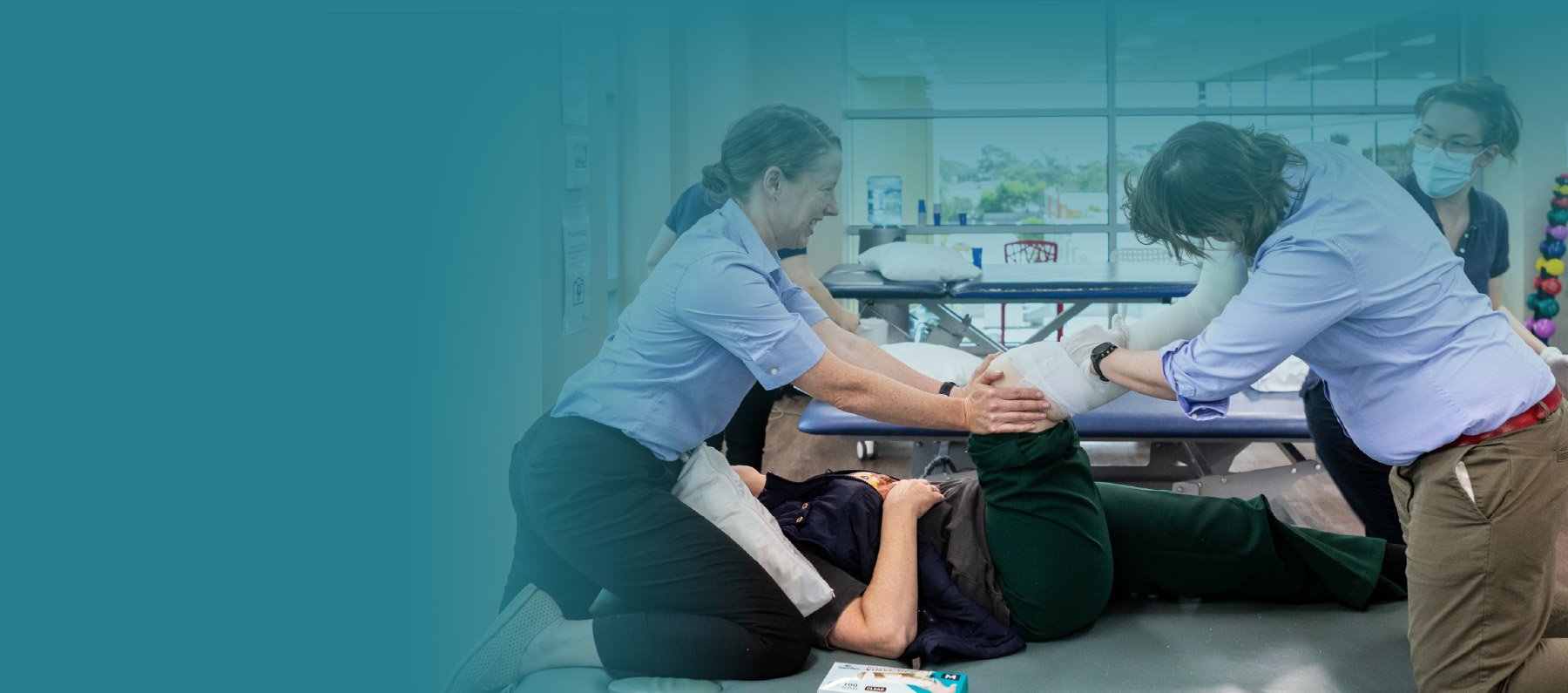
Conditions Treated
GUILLAIN BARRE SYNDROME & CHRONIC INFLAMMATORY DE-MYELINATING POLYNEUROPATHY
Guillain Barre Syndrome (GBS) is a rare neurological condition in which the immune system mistakenly attacks part of its peripheral nervous system – the nerves that lie outside of your brain and spinal cord. In some cases, GBS is triggered by a bacterial or viral infection, however its exact cause is unknown. A typical GBS presentation begins with rapid onset of numbness or sensation changes such as tingling in the hands or feet, weakness and in some cases paralysis. The weakness typically ascends traveling up the limb towards the torso, and in serious cases it can impact the muscles of the face and those involved in breathing, making it a life-threatening syndrome. Although presentations are unique, other symptoms can also include; vision disturbances, difficulty with swallowing, speaking, or chewing, pain, reduced coordination, abnormal heartbeat and blood pressure, issues with digestion and bladder control. Symptoms may evolve rapidly over hours, or over the course of up to 4 weeks. Improvements in function continue for up to 2 years post diagnosis, and although most people make a full recovery from GBS, some continue to experience imbalances in muscle strength, sensation loss, fatigue, and pain.
Chronic inflammatory demyelinating polyneuropathy (CIDP) is also caused by the immune system attacking the peripheral nervous system. It develops slowly over weeks to months with similar symptoms including weakness in the arms and or legs, sensation changes and a reduction in reflexes. It is less likely to involve the face, respiratory or autonomic system therefore does not have the same symptoms affecting digestion, swallowing, heart rate or blood pressure.
What We Offer
At the Neurological Rehabilitation Group, we can help to improve your quality of life, maximise your function and provide you with tailored treatment plans directed towards achieving your goals. Our therapists are skilled in assessing, treating, and managing people with GBS and CIDP. We will analyse your strength, sensation, coordination, and movement patterns in functional tasks. Enabling our skilled therapists to work with you to formulate goals specific to your level of function and lifestyle.
Therapists at the Neurological Rehabilitation Group are experienced in helping individuals with GBS recover. Providing specialised treatments depending on your goals, level of impairment and stage of rehabilitation. This may include:
Hands on physiotherapy techniques to facilitate muscle activation and function
Training to increase your independence that includes sit to stand, transfers, walking as well as other activities of daily living.
Balance training designed to make you feel steady on your feet, reduce your likelihood of falling, and improve confidence.
Development of a tailored program including strengthening, cardiovascular and stretching training to complete in clinic using our wide range of equipment
Carer training to facilitate skill practice at home and identification of barriers to implementation
Provide you with an exercise program to be completed at home or your local gym
Group exercise classes led by physiotherapists or exercise physiologists, encompassing strength training, cardiovascular training, and balance training.
Equipment recommendations including orthoses or gait aids which may require referral to your local or our specialty orthotic clinic
Review and prescribe wheelchair, seating systems or equipment (for more information see our posture and seating clinic)
Hydrotherapy at off-site locations
Our team can liaise or refer you to other health professionals involved in your care including medical team, occupational therapist, speech pathologist, exercise physiologist, social workers, psychologist, orthotist, and dietitians.
For further information and support
Guillain-Barre Syndrome Foundation International - https://www.gbs-cidp.org/
GAIN - Guillain- Barre Syndrome UK https://gaincharity.org.uk/
Guillain-Barre Association of NSW https://www.gbs-cidp-nsw.org.au/
